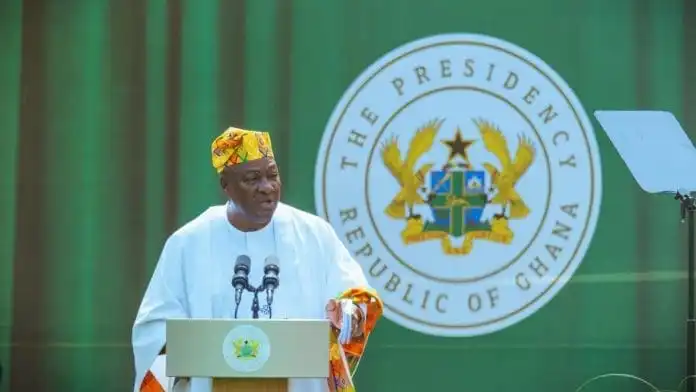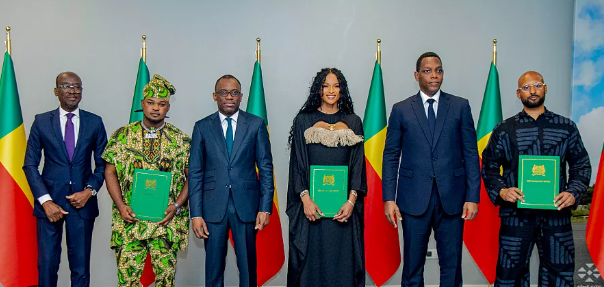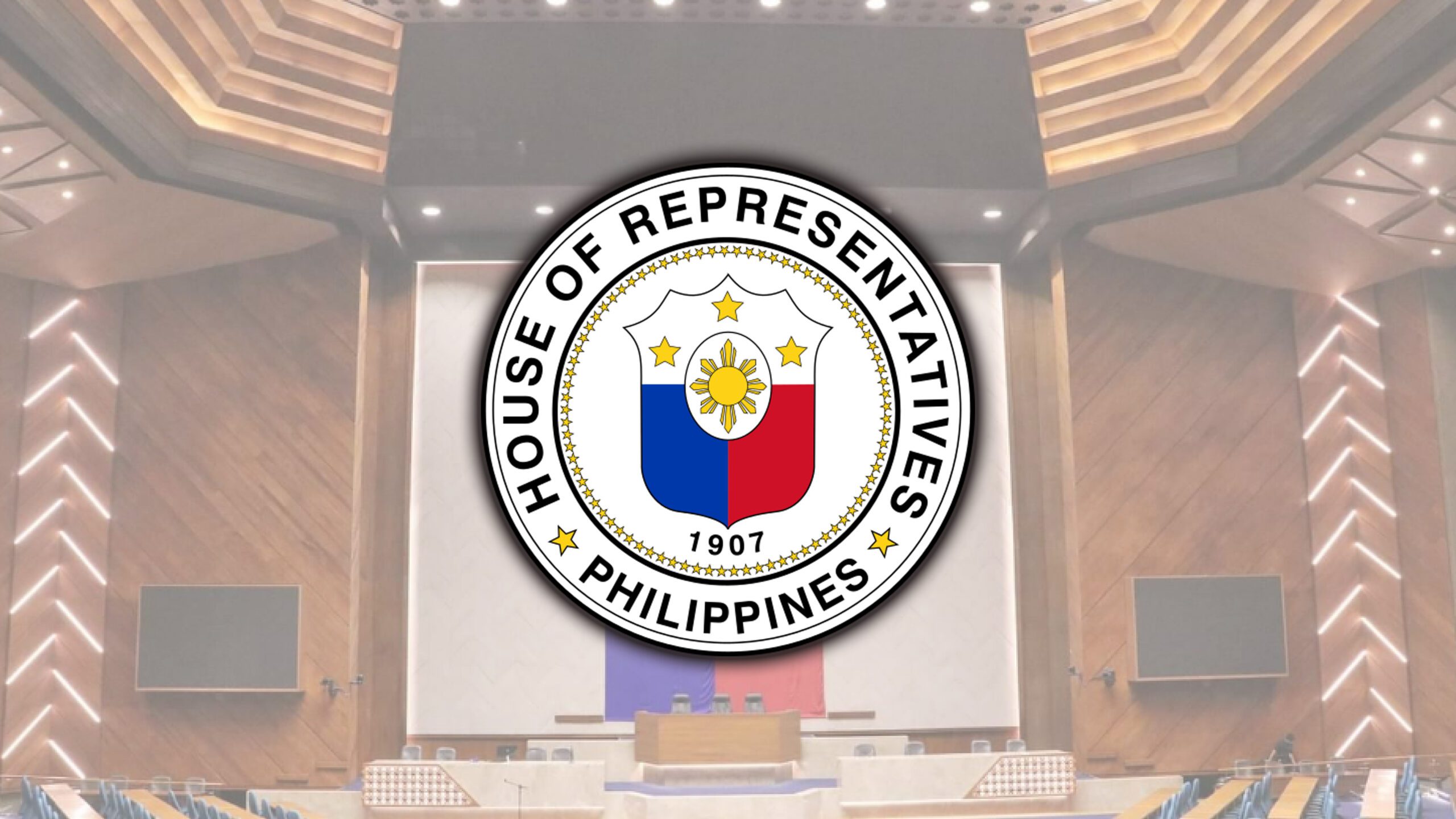By Ghana Plus,GhanaPlus
Copyright ghanaplus

President John Dramani Mahama’s approval ratings plummeted from 70% to 45% during his first six months in office, according to comprehensive social media analysis tracking Ghana’s political discourse.
The dramatic shift from initial optimism to widespread skepticism reflects mounting controversies over mass public sector dismissals, private jet usage, and selective justice concerns that have dominated public conversation since March 2025.
IMANI’s Public Understanding and Literacy for Sentiment and Election Analysis (PULSE) tracked 22,032 mentions across Facebook, X, YouTube, TikTok, and other platforms, reaching 31 million users between January and June 2025.
The opposition successfully branded Mahama as “Terminator 1” after the Minority in Parliament criticized his administration for revoking public sector appointments, accusing him of deliberately creating job losses to make room for party loyalists.
The nickname emerged in March following widespread dismissals that contradicted campaign promises of expanded youth employment opportunities. Civil servants expressed growing anxiety about job security as revocations accelerated across government agencies.
Initial enthusiasm surrounding Mahama’s inauguration and the swearing-in of Ghana’s first female Vice President, Jane Naana Opoku-Agyemang, gave way to polarized discourse as governance controversies overshadowed policy achievements.
The administration’s flagship Operation Recover All Loot (ORAL) anti-corruption initiative, initially popular with 60% approval, faced credibility challenges as opposition figures dominated arrest patterns while several high-profile cases involving NDC-affiliated individuals were dropped.
Discontinued prosecutions included Collins Dauda’s $200 million Saglemi Housing case, Stephen Opuni’s 217 million cedis COCOBOD scandal, and Cassiel Ato Forson’s ambulance deal controversy, fueling “selective justice” narratives that dominated online discourse.
Private jet controversies particularly damaged the administration’s credibility after Mahama used his brother’s aircraft for official trips, undermining earlier austerity messaging that had won public approval during his February State of the Nation Address.
Opposition communications director Richard Ahiagbah intensified criticism in a 20-point statement accusing the government of economic mismanagement, policy inconsistency, and political intimidation.
The analysis revealed negative content was 3.2 times more likely to be shared than positive material, while memes and hashtags achieved 4.1 times normal amplification rates during crisis periods.
Engagement patterns showed citizens consuming content but not actively advocating for NDC narratives, with surface-level interactions accounting for 60.2% of total engagement compared to just 2.9% for deeper sharing behaviors.
Youth voters, initially pleased with tax abolitions including the electronic levy and betting tax, grew increasingly concerned about employment prospects as dismissal waves continued through the six-month period.
The administration did achieve some policy victories, including scaling down Independence Day celebrations, implementing travel restrictions for officials, and securing sharp reductions in the US dollar exchange rate and fuel prices.
However, these accomplishments were consistently overshadowed by governance controversies and communication missteps that allowed opposition narratives to dominate social media discourse.
Individual testimonials showed divided public opinion, with some citizens rating the government 99.5% positively while others expressed deep disappointment.
The PULSE analysis identified platform-specific patterns, with traditional media providing strong coverage but lacking grassroots enthusiasm that typically sustains political momentum during early governance periods.
Crisis amplification analysis showed negative events achieved viral status within 24-48 hours and sustained negative sentiment for 5-7 days, creating cumulative damage to the administration’s public standing.
Business community responses remained cautiously optimistic regarding economic diversification efforts, including mining summits and fiscal reforms, though political instability concerns tempered investment enthusiasm.
The report concluded that credibility represents the most valuable political currency in Ghana’s fast-moving media environment, with the administration needing to align actions with stated principles to prevent early skepticism from hardening into lasting disillusionment.



